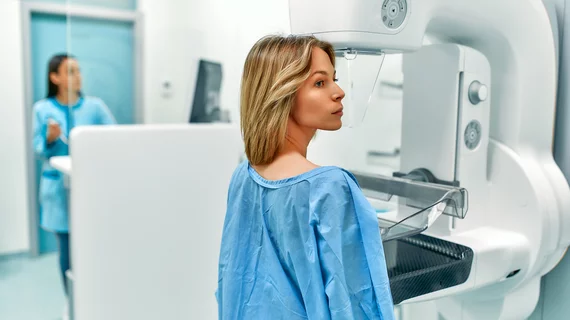FDA shares key information about forthcoming breast-density notification requirement
The U.S. Food and Drug Administration on Jan. 12 shared key information about its forthcoming requirement that mammography providers must notify women about the density of their breasts.
It was in March 2023 that the agency first announced this new requirement, hoping to better inform patients on this issue. The FDA said Friday that facilities subject to the Mammography Quality Standards Act will have until Sept. 10, 2024, to come into compliance.
“As always, facilities are required to comply with all mammography regulations applicable to them under the MQSA,” the agency said in its announcement. “It is important to note that FDA may take enforcement action for noncompliance with the MQSA regulations, whether observed during an annual inspection or determined by other means,” it added.
The FDA also detailed other new requirements established under last year’s final rule. It emphasized that the update is not an exhaustive list of everything contained in the regulation.
Under the rule, mammography reports should include an overall assessment of breast density classified in one of four categories, along with a patient lay summary. Beginning Sept. 10, MQSA inspectors will also look for new items, including communication of exam results. Providers will be subject to an annual “medical outcomes audit” that covers positive predictive value, cancer detection rate and recall rate for each interpreting radiologist and the facility as a whole.
You can read more in the FDA update here, read our coverage of the 2023 rule, and find the full policy update here.

